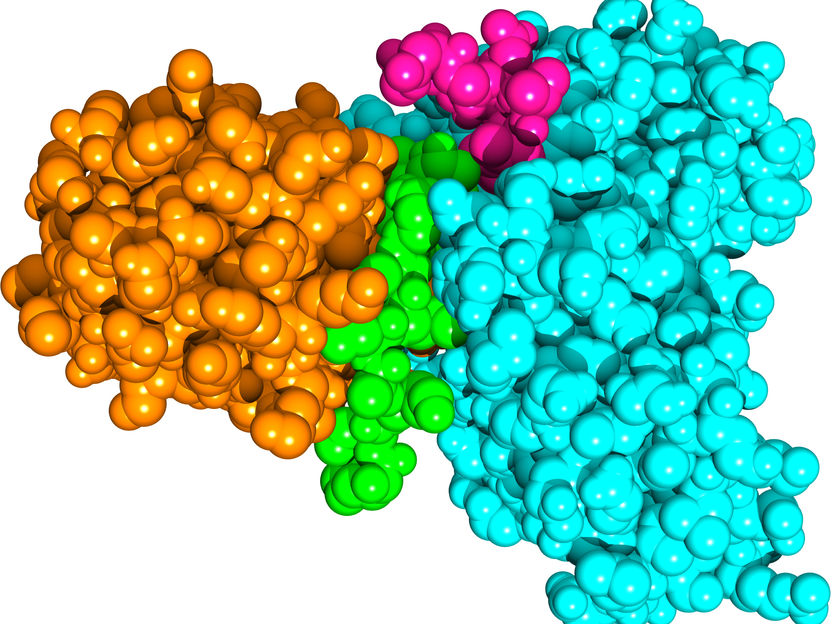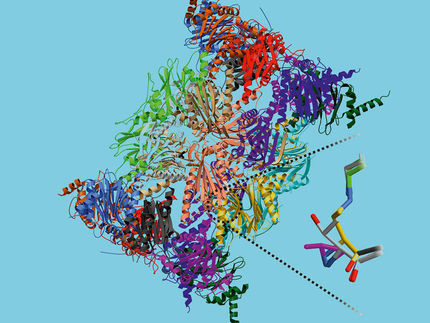Yale Researchers Discover New Potential Asthma Therapeutic Targets Related to Parasites and Insects
New Haven, Conn. -- An unusual protein called acidic mammalian chitinase (AMCase), is markedly increased in mouse models of asthma, making it an important link in finding the pathways that lead to asthma, Yale researchers report in Science.
Asthma is a disease produced by chronic inflammation of the airways. The AMCase protein was not previously thought to be involved in asthma. It was known to digest chitin, which is found in the outer wall of insects and parasites, and was not thought to be involved in inflammation.
"We found that if we block the AMCase protein with an antibody or if we use an inhibitor that prevents it from digesting chitin, we can decrease asthma-like inflammation," said senior author Jack A. Elias, M.D., the Waldemar Von Zedtwitz Professor of Medicine and Section Chief and Professor of Internal Medicine/Pulmonary and Critical Care. "Since chitin is not present in our mouse models, this protein must be acting on something other than chitin. We do not know what that is right now."
The team also found that the protein is present in the airways of human asthmatics but not in control lungs. "We are hopeful that blocking AMCase in human asthmatics will have a similar beneficial effect on the human disease," said Elias.
The inflammation seen in asthma is driven by specialized lymphocytes (white blood cells), called T helper type 2 cells. Other cell types promote different kinds of inflammation in which the AMCase protein is not made in high amounts. Elias said this is important because if this protein is blocked, it will only alter asthmatic type inflammation, but not the other types of inflammation, which are needed to fight many infections.
"We also found that interleukin-13, a protein that is well known to be important in asthmatic type inflammation is required for increased production of AMCase," said Elias. "Another protein associated with asthmatic type inflammation, interleukin-4, was not required."
"The way that blocking AMCase inhibits inflammation is unusual in that we did not prevent T helper-2 cell activation," Elias added. "We prevented production of other proteins which are needed to recruit inflammatory cells into the lung."
Other authors on the study included first author Zhou Zhu, Tao Zheng, Robert J. Homer, Yon-Keun Kim, Ning Yuan Chen, Lauren Cohn and Qutayba Hamid.
Topics
Organizations
Other news from the department science

Get the life science industry in your inbox
By submitting this form you agree that LUMITOS AG will send you the newsletter(s) selected above by email. Your data will not be passed on to third parties. Your data will be stored and processed in accordance with our data protection regulations. LUMITOS may contact you by email for the purpose of advertising or market and opinion surveys. You can revoke your consent at any time without giving reasons to LUMITOS AG, Ernst-Augustin-Str. 2, 12489 Berlin, Germany or by e-mail at revoke@lumitos.com with effect for the future. In addition, each email contains a link to unsubscribe from the corresponding newsletter.
Most read news
More news from our other portals
Last viewed contents
Protagen Expands Cooperation with Bayer HealthCare
Emergent BioSolutions Announces Appointment of Ronald Richard to the Board of Directors
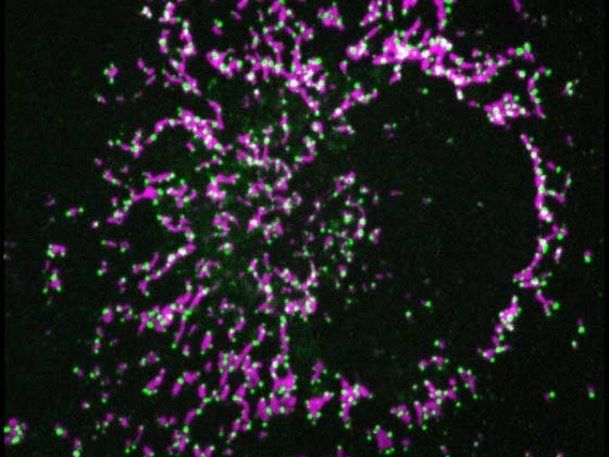
Deadly combination: new direct trigger for cell death discovered - Understanding the basic mechanisms that lead to cell death is essential for the development of therapies for cancer and other diseases

Bayer: Supervisory Board extends CEO Werner Baumann’s - Contract until the end of April 2024
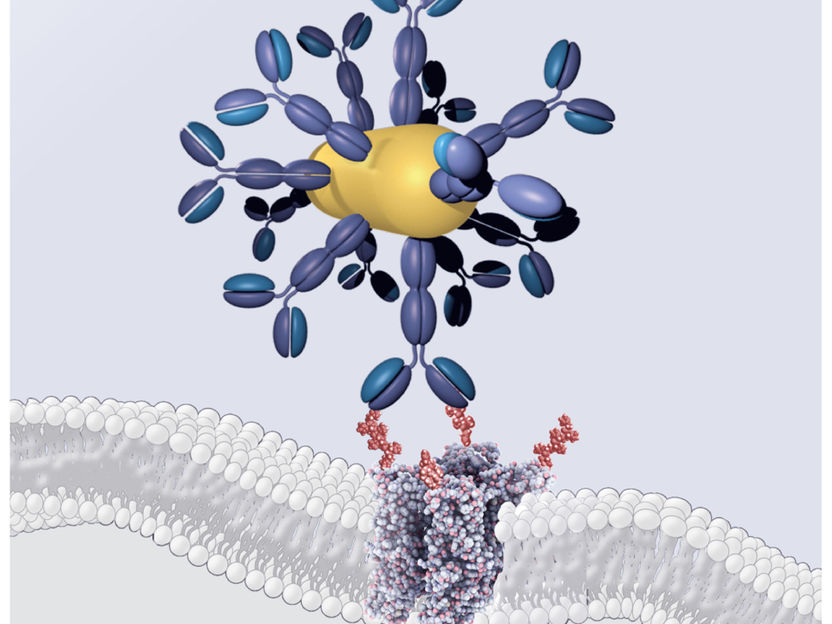
Restoring vision by gene therapy - Latest scientific findings give hope for people with incurable retinal degeneration
Pantec Biosolutions receives ISO 13485 certification
Stora Enso awarded as Finland’s most startup-friendly company
Genetic screening before embryo transfer fails to improve the chance of a baby
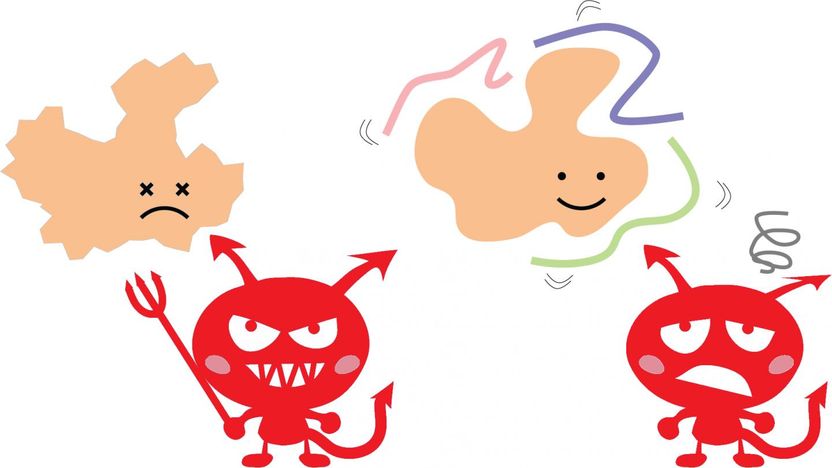
Hero proteins are here to save other proteins - New group of proteins prevent dangerous clumps associated with neurodegenerative diseases
Applied DNA Sciences collaborates with Advanced Coding Systems to produce DNA-embedded microwires
